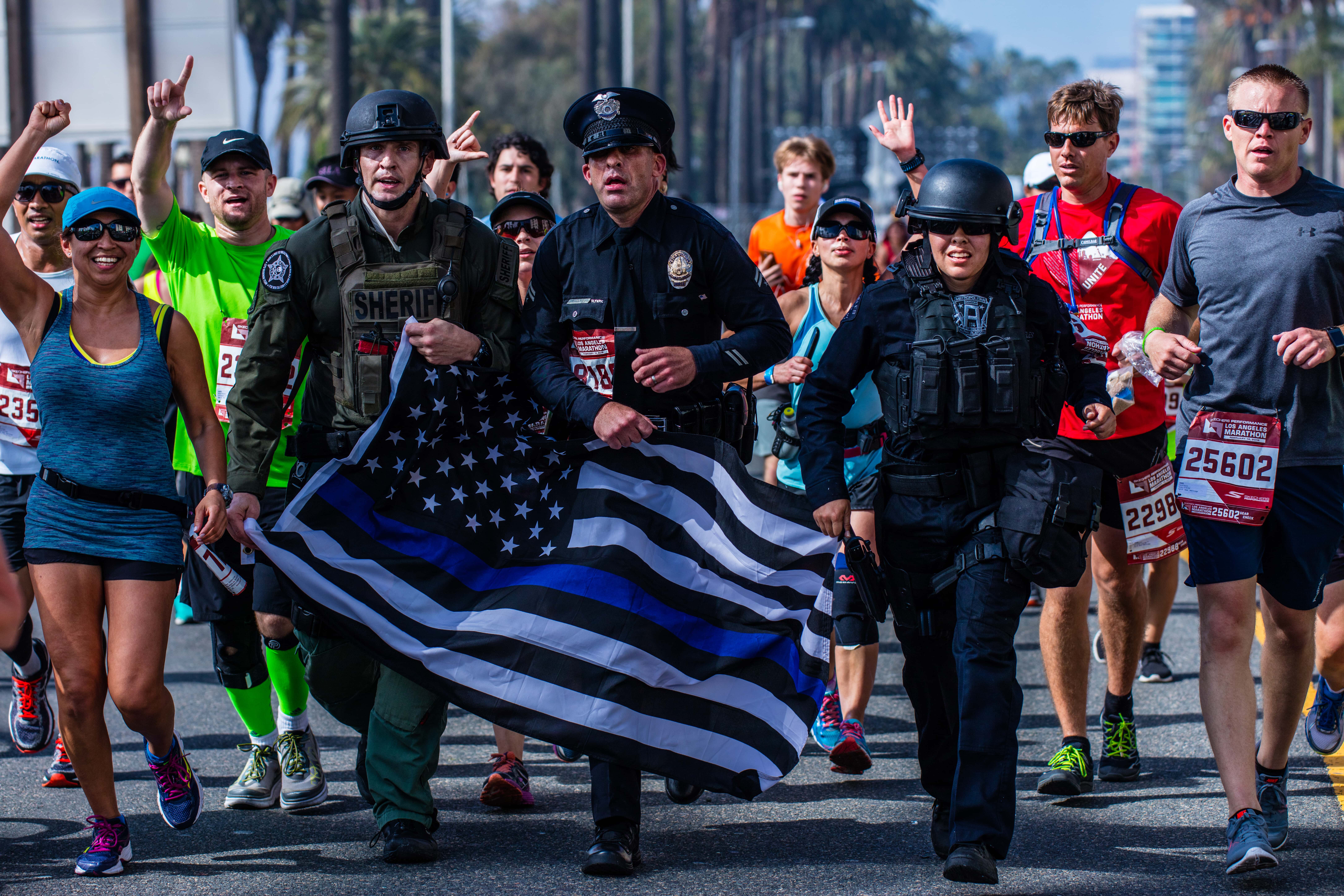As millions of Californians hit the roads during the holiday travel season, some of them will be driving while drunk. So it’s only logical that seasonal spikes in drunk driving be met with stepped up DUI enforcement. But now, some community groups are suggesting that local law enforcement is putting up sobriety checkpoints for the sole purpose of confiscating the cars of unlicensed drivers.
This is not the case; the purpose of these checkpoints is to keep our roads safe. Claims that the State of California made $40 million in profit in 2009 are absurd and not supported by a single fact. The truth is, DUI checkpoints cost money to carry out. Local law enforcement is fortunate to receive funding for the checkpoints from the California Office of Traffic Safety (OTS), which designated 2010 as the “Year of the Checkpoint.”
Sobriety checkpoints are an important safety tool. As Chief Beck aptly explained to LAist.com, checkpoints are intended to change the behavior of those who drink and drive. And indeed, these checkpoints, by increasing enforcement and raising public awareness, bring down the number of traffic collisions caused by drunk drivers. In all cases, checkpoints operate in accordance with guidelines mandated by California Supreme Court decision Ingersoll vs. Palmer.
Research by the AAA Foundation for Traffic Safety, detailed in a report titled Unlicensed to Kill, found that nearly two-thirds of drunk drivers in fatal crashes are seriously intoxicated, with a blood alcohol content higher than .15. In addition, 20 percent of fatal crashes involve at least one unlicensed driver.
A second AAA report found that unlicensed drivers accounted for five to ten percent of the driving population, but nearly 20 percent of all fatal driving accidents – a disproportionately high percentage compared to their numbers in the general driving population. The same study showed that accidents involving unlicensed drivers were more than twice as likely to have a fatal outcome.
The prevalence of impaired and unlicensed drivers on California roads puts all drivers at greater risk of injury and death, and creates an undue financial burden for the state.
There is good news, however. Since 2006, when OTS and law enforcement began directing increased funding toward sobriety checkpoints, alcohol-impaired fatalities have declined substantially – down 26 percent. Between 2008 and 2009 alone, DUI deaths declined by 7.6 percent in California.
The holiday season should be about good times with family and friends, and responsible celebrations that don’t endanger lives. The proven results of DUI checkpoints make them an invaluable tool for making the roads safer for everyone.











